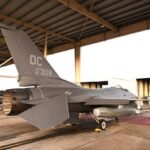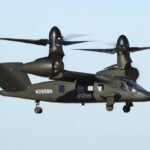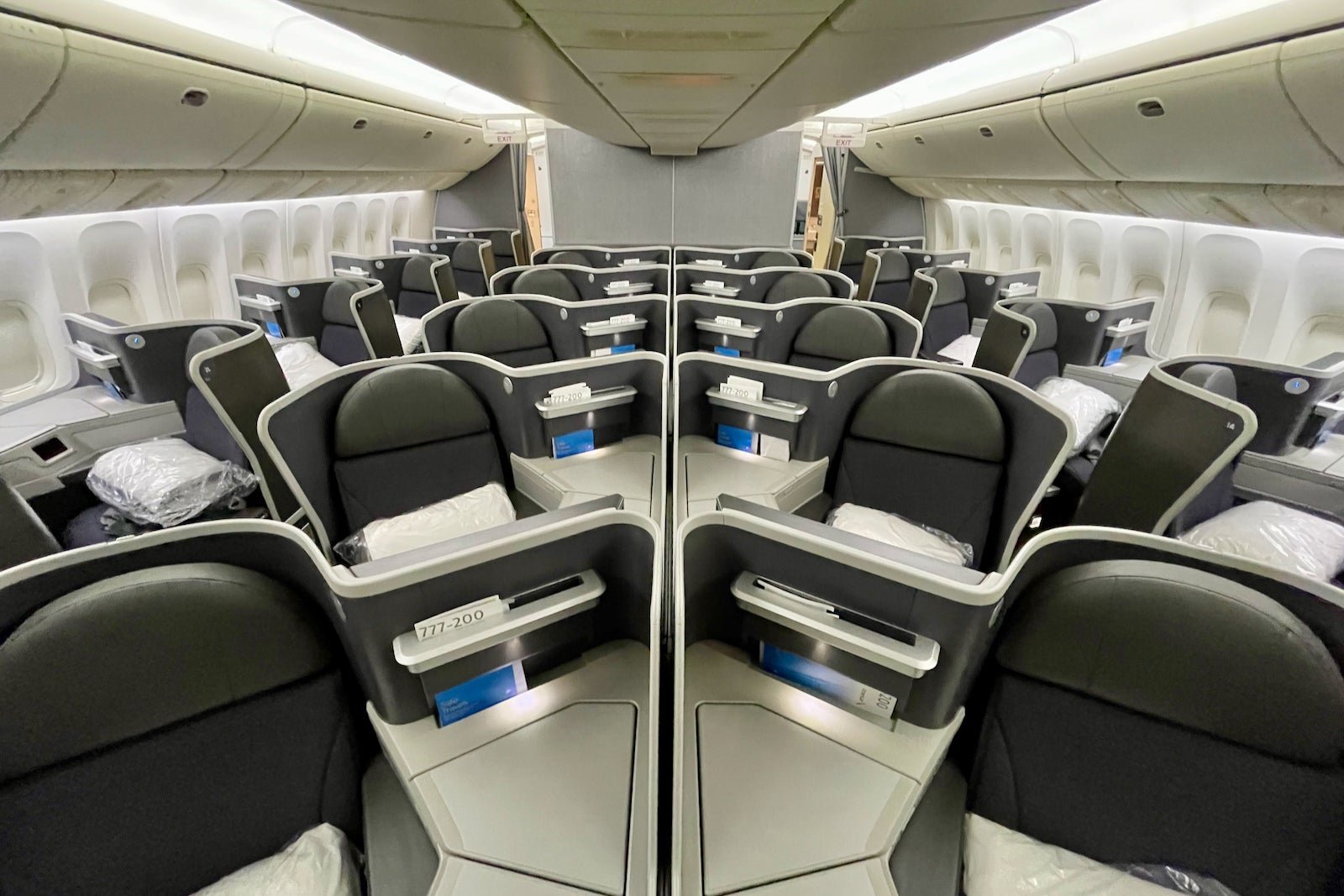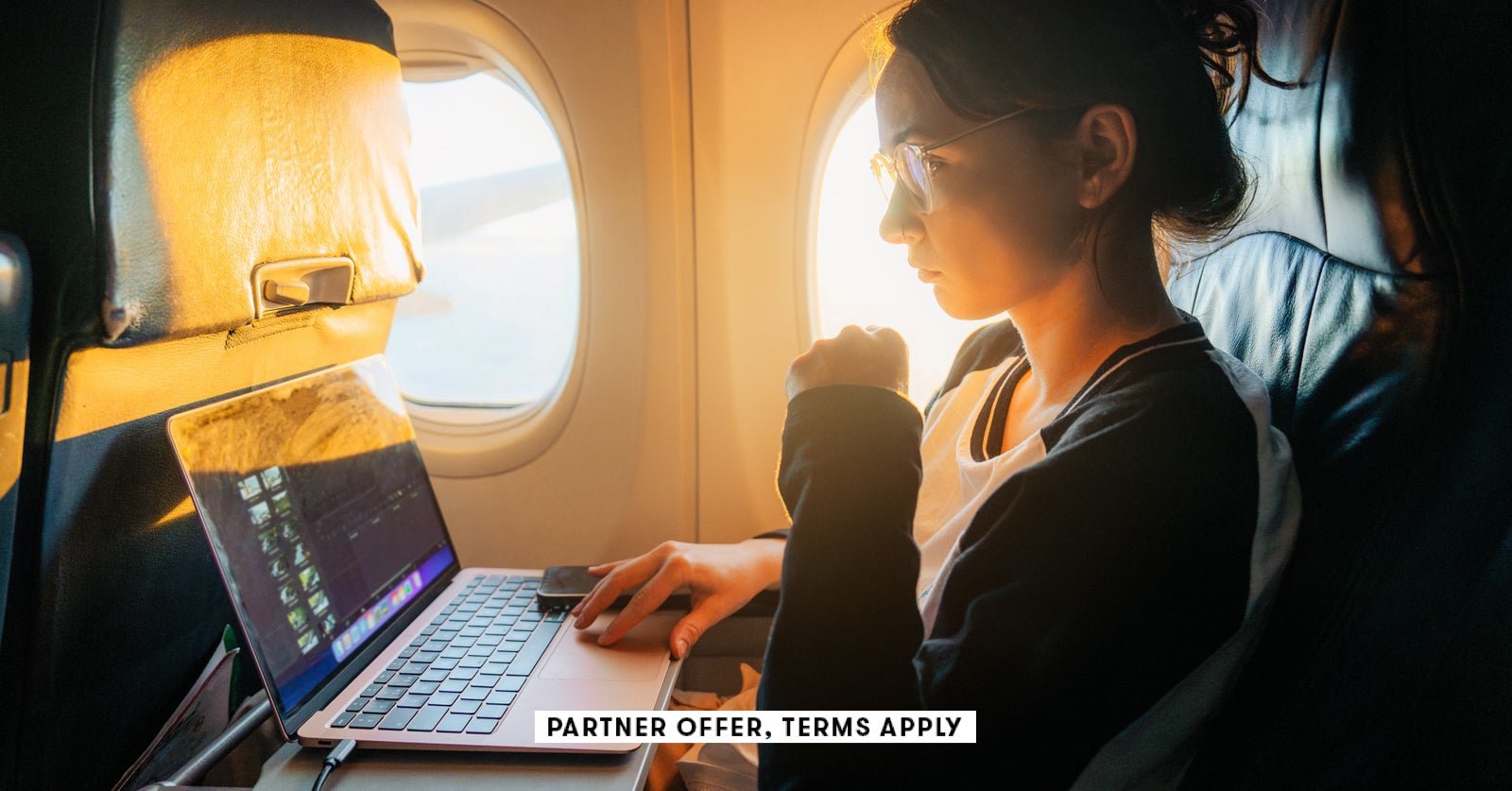United Airlines CEO Scott Kirby warned Tuesday that legislative meddling is a threat to popular airline loyalty programs.
“The one risk to [loyalty] programs are legislative initiatives that I’m sure are well intentioned but would just be bad policy, particularly the Credit Card Competition Act,” he said at the U.S. Chamber of Commerce’s 2024 Global Aerospace Summit in Washington, D.C.
The Credit Card Competition Act is a bipartisan bill that, if passed, would give merchants more choice in which credit card network processes their payments. Proponents argue that it would lower transaction costs for merchants, while opponents argue that those same beneficiaries would have little incentive to pass the savings on to consumers.
And many worry that credit card companies could roll back rewards programs — like those that provide airline loyalty miles — if transaction revenue dropped.
Want more airline-specific news? Sign up for TPG’s free biweekly Aviation newsletter.
The bill was introduced in the Senate in June 2023 but remains in committee.
Kirby and others have previously spoken out against the legislation, citing the popularity of airline loyalty programs.
“Customers love these programs,” Kirby said Tuesday. He added that this summer, 3 million travelers flew on tickets paid for with miles from United’s MileagePlus loyalty program.
What Kirby did not mention was the fact that United’s credit card agreements and MileagePlus program are extremely lucrative for the carrier. Other operating revenue, which includes MileagePlus and credit card agreements, was $892 million in the second quarter, or 6% of total revenue.

Daily Newsletter
Reward your inbox with the TPG Daily newsletter
Join over 700,000 readers for breaking news, in-depth guides and exclusive deals from TPG’s experts
Mile watch: DOT launches formal probe of big airline frequent flyer programs
The U.S. Department of Transportation on Sept. 5 launched an inquiry into American Airlines’ AAdvantage, Delta Air Lines’ SkyMiles, Southwest Airlines’ Rapid Rewards and United’s MileagePlus loyalty programs to protect “rewards customers from potential unfair, deceptive, or anticompetitive practices.”
Kirby on Tuesday was asked repeatedly about the probe but used his responses to pivot to the popularity of airline loyalty programs and the risk of legislative meddling.
“The affinity, the loyalty people have for these programs is incredible,” he said.
United and other airlines have directed any inquiries on the probe to their trade organization, Airlines for America.
Value check: Are airline credit cards worth it anymore?
New York air traffic woes to continue
The Federal Aviation Administration in August moved control of air traffic at Newark Liberty International Airport (EWR) — a major United hub — to its Philadelphia center from its traditional home at the agency’s center on Long Island, New York (known as “N90”). The purpose of the move was to address long-standing staffing shortages.
Kirby described the move as “really helpful” in addressing the operational issues at Newark related to air traffic control staffing.
“There were some bumps in the road,” he said of the transition in August. “We knew there would be bumps in the road, I think, actually, on my scale, it was really well managed.”
There have been several reported radar failures at Newark under the new setup, including three Sept. 2, according to The Air Current.
Kirby, despite seeing the move of Newark air traffic control to Philadelphia as a good thing, said the FAA’s air traffic control function remains roughly 3,000 controllers short.
“I think there’s going to be a controller shortage for years to come,” he said. “I think [the FAA] is managing as well as they can given the constraints.”
United shrunk its schedule at Newark this summer and last in an effort to minimize flight disruptions. In the third quarter of 2024, it had 6.5% fewer departures from Newark than in 2019. However, it made up the difference by flying larger planes on many flights, resulting in a nearly 7% jump in seats, Cirium Diio schedules show.
Related reading:

















